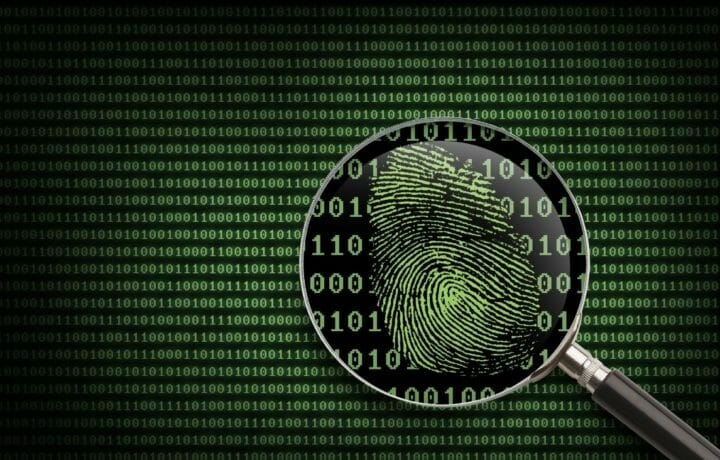Recently, I talked about eight measures organizations can implement to harden their cybersecurity posture. But if they still suffer a breach, how do they recover and bring legal action against the hacker(s)? That’s where digital forensics enters the scene.
Digital Forensics
Digital forensics is defined as “A branch of forensic science encompassing the recovery and investigation of material found in digital devices, often in relation to computer crime. The term digital forensics was originally used as a synonym for computer forensics but has expanded to cover investigation of all devices capable of storing digital data”. Computer forensics is a specific branch of digital forensics that includes the identification, collection, preservation, analysis and reporting of electronic evidence that can be used in litigation in establishing the party responsible for a cyber breach.
Gathering of Data
Retrieving evidence involves the use of proper and authorized search methods, maintaining a chain of custody, the use of validated tools, validating found data through the use of mathematics, the ability to repeat the findings, and the reporting and expert testimony as required.
The use of USB forensics, intrusion detection and artificial intelligence has made the process easier, safer and more efficient. But to fully reap the benefits of data collection requires experienced experts skilled at using the tools of the trade to bring data evidence to the table in a manner that will stand the test of court scrutiny.
Effects of Digital Forensics on Cybersecurity
Digital forensics and cybersecurity work hand-in-hand. The collection of data not only helps identify who intruded the network system, but how they gained access. This information helps organizations plug the holes and harden their networks against intrusion. Some companies also employ security assessments to further identify weak areas in their networks and possible intrusion points for hackers. Digital forensics can also help an organization retrieve lost or deleted data even if there has not been a breach.
As a side note, security assessments are the heart of DoD’s CMMC program which will require their defense industrial base contractors to meet a maturity level commensurate with the criticalness of that organization’s product or service to the DoD’s overall mission.
Digital forensics is big business; with cyber-attacks on the rise, it is estimated the global digital forensic market will reach $8.21 billion by 2026, or almost double from the $4.49 billion in 2020.
Top 10 Digital Forensic Companies
Recently, Enterprise Security Magazine listed these companies as the Top 10 Digital Forensic Solution Providers for 2021 should your company require digital forensic services to either assess your networks cybersecurity posture or help recover from a breach.
| Company | Website |
| AccessData | accessdata.com |
| Belkasoft | belkasoft.com |
| Cellebrite | cellebrite.com |
| CYFI | tditek.com |
| Envista Enterprises | envistaforensics.com |
| Magnet Forensics | magnetforensics.com |
| MSAB | msab.com |
| Nuix | nuix.com |
| Paraben | paraben.com |
| Susteen | secureview.us |

